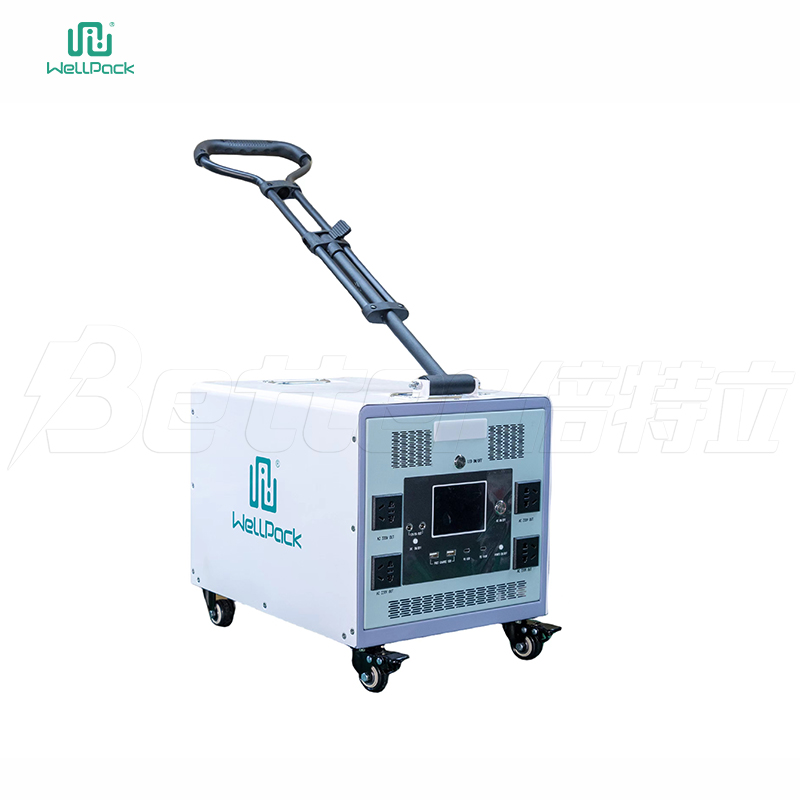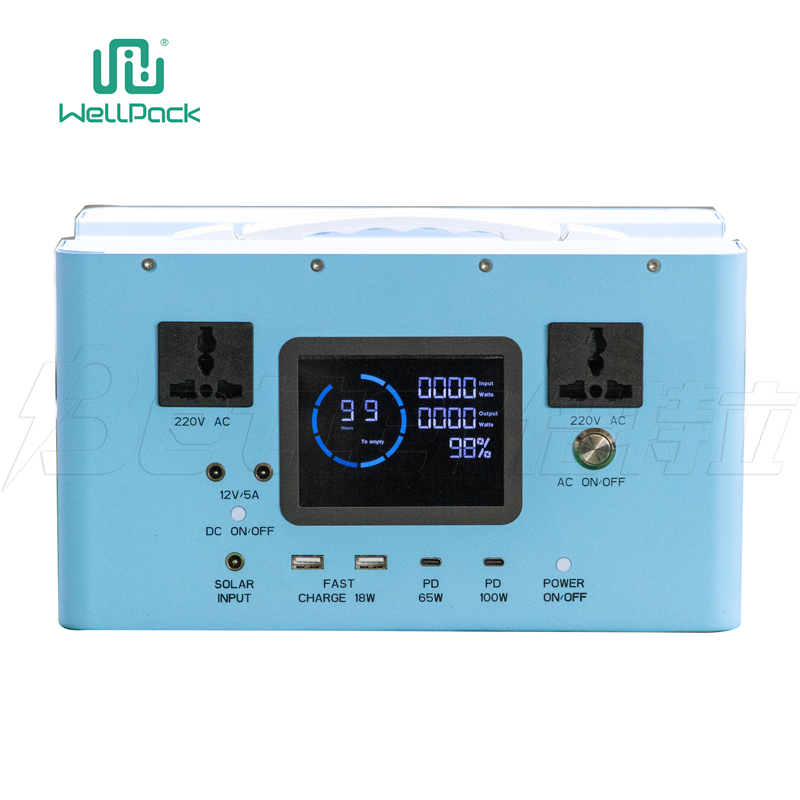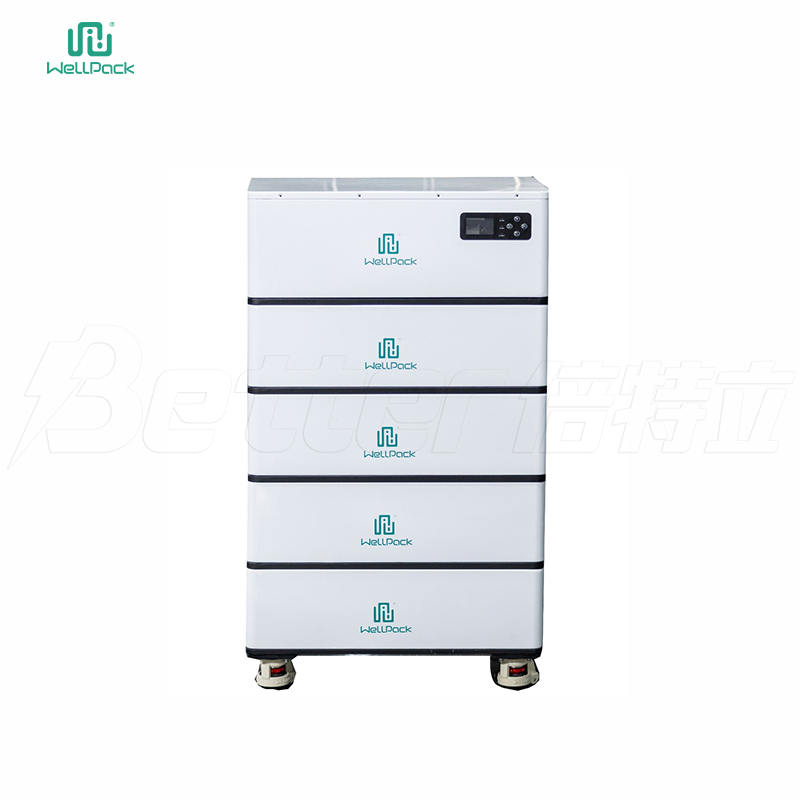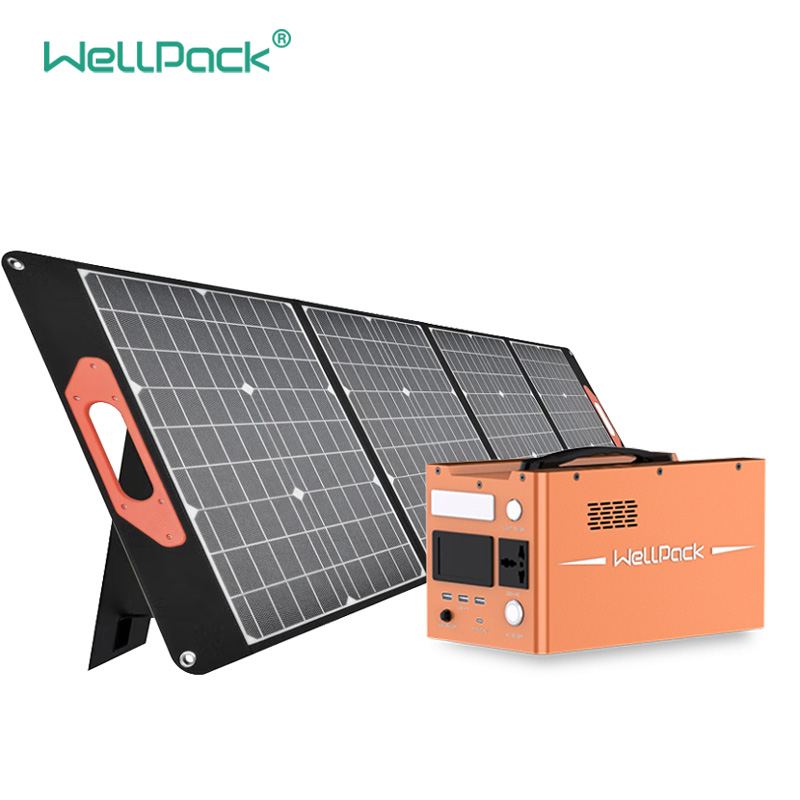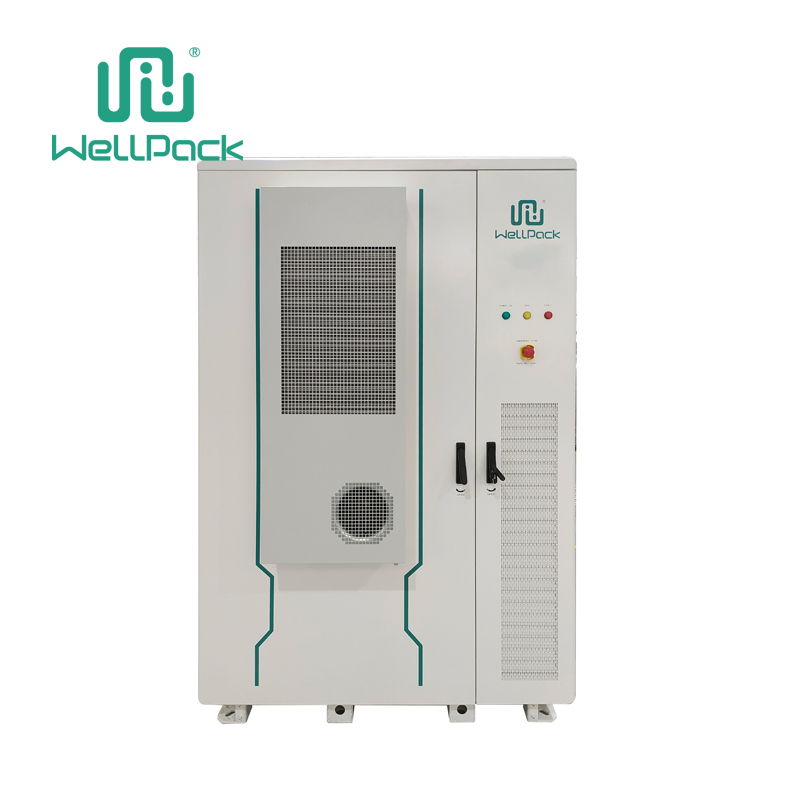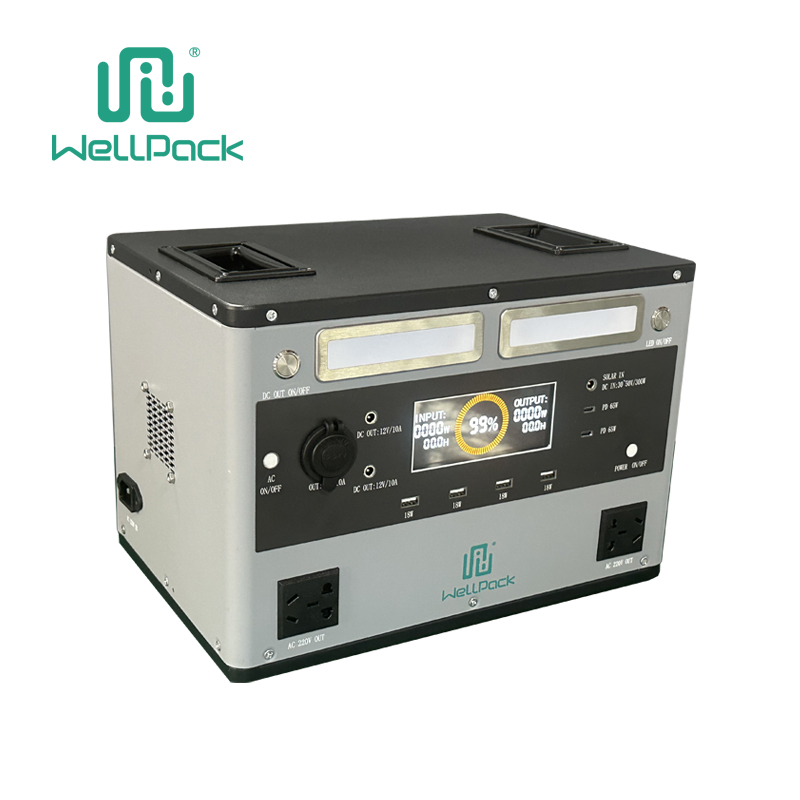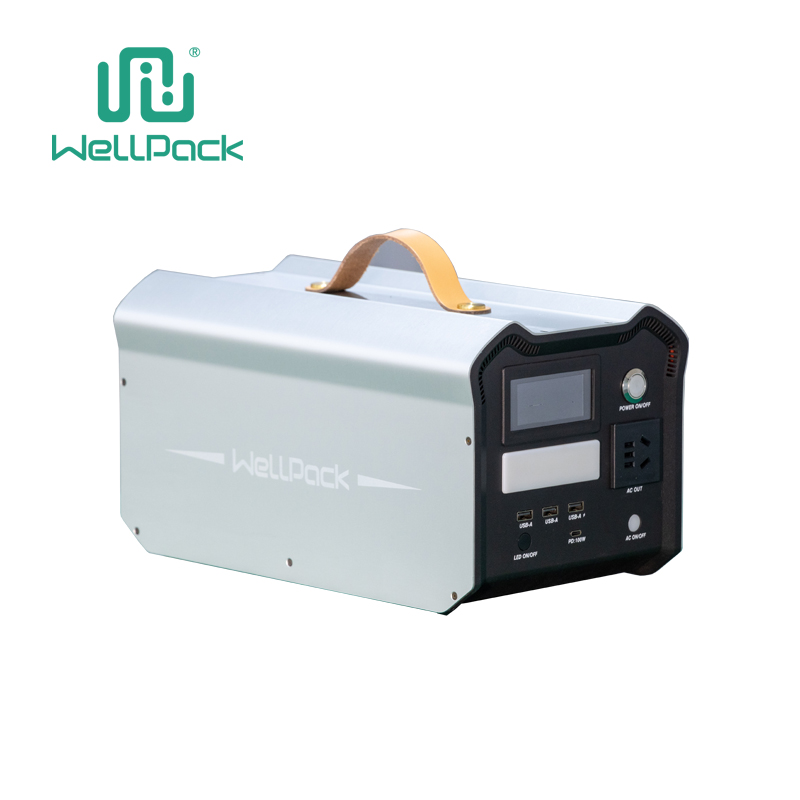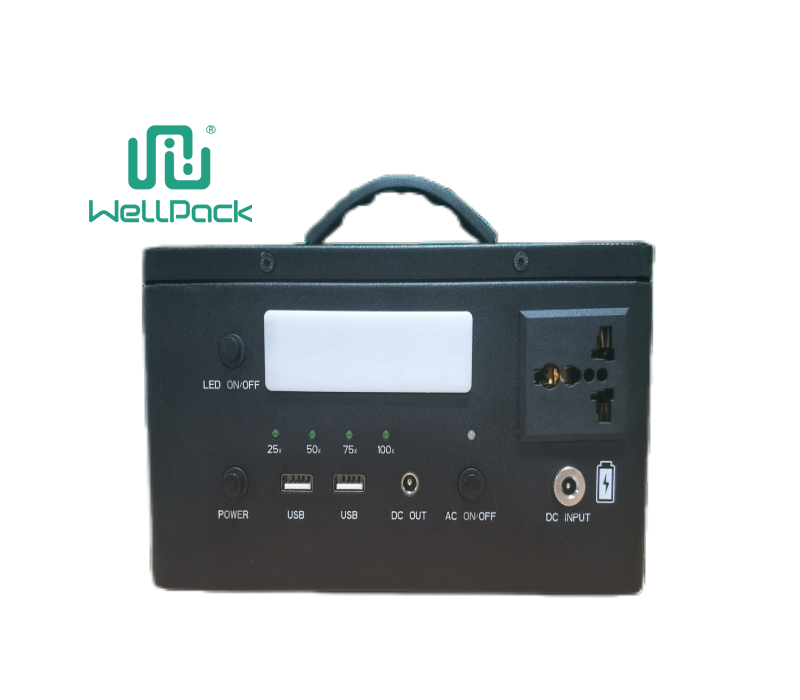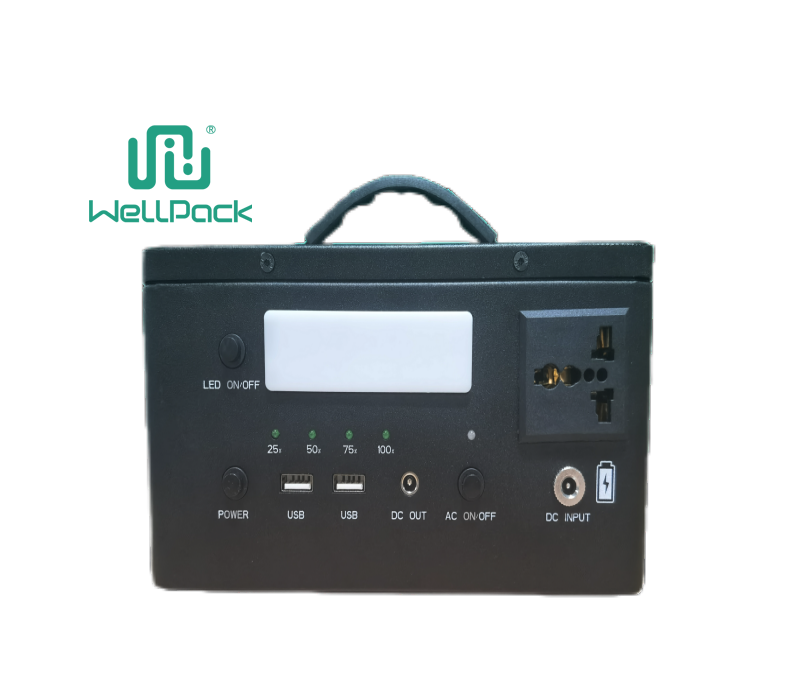Energy storage systems are technologies that use batteries or other devices to store electrical energy and release it when needed. They can play an important role in various situations, such as:
Balancing the intermittency and uncertainty of renewable energy sources, improving the stability and reliability of the grid;
Reducing electricity costs, by storing low-priced electricity and releasing it during high-priced periods, achieving peak-shaving and demand response;
Providing emergency backup power, when the external grid fails or is limited, ensuring the normal operation of important loads.
One of the core components of energy storage systems is the inverter, which is a device that converts direct current (DC) to alternating current (AC) or vice versa. It plays a vital role in energy storage systems, mainly in the following aspects:
Inverters are responsible for connecting energy storage systems with the external grid
Inverters are the bridge between energy storage systems and the external grid. They can adjust the output or input power of energy storage systems according to the parameters of the external grid, such as voltage, frequency and phase, achieving seamless integration with the external grid. Inverters can also switch automatically between grid-connected mode and off-grid mode according to the operating conditions of the external grid, ensuring the safety and stability of energy storage systems.
Inverters are responsible for controlling and managing energy storage systems
Inverters are not only power conversion devices, but also intelligent control devices. They can optimize and dispatch energy storage systems according to their operating objectives and strategies. Inverters can implement various functions and modes of energy storage systems through built-in algorithms or external signals, such as:
Peak-shaving: inverters can control energy storage systems to charge during low-priced periods and discharge during high-priced periods, reducing electricity costs;
Frequency regulation: inverters can control energy storage systems to increase or decrease output power according to the frequency deviation of the external grid, achieving frequency recovery and stabilization;
Reactive power compensation: inverters can control energy storage systems to output or absorb reactive power according to the reactive power demand of the external grid, achieving reactive power balance and power factor improvement;
Emergency backup: inverters can control energy storage systems to switch to off-grid mode when the external grid stops supplying power (such as power outage or limitation), and provide AC power to important loads.
Inverters are responsible for monitoring and protecting energy storage systems
Inverters can also monitor and protect energy storage systems in real time to prevent failures or damages. Inverters can collect and display various operating data of energy storage systems through built-in sensors or external communication interfaces, such as:
Battery status: including battery temperature, pressure, capacity, life span and other indicators;
Inverter status: including inverter temperature, voltage, current, power, efficiency and other indicators;
External grid status: including external grid voltage, frequency, phase, power and other indicators;
Energy storage system status: including energy storage system operating mode, target, strategy and other indicators.
Inverters can also protect and control energy storage systems in real time through built-in logic or external signals, to prevent overload, overvoltage, overtemperature, short circuit and other abnormal situations, or to isolate and alarm in time, ensuring the safety and stability of energy storage systems.
Summary
Inverters are one of the important components of energy storage systems. They play a role of connection, control, management, monitoring and protection in energy storage systems, affecting their performance and effect. This article introduces the importance of inverters in energy storage systems, and explains it in detail from three aspects. We hope that through this article, more people can understand and pay attention to inverter technology, and promote its optimization and application in energy storage systems.

